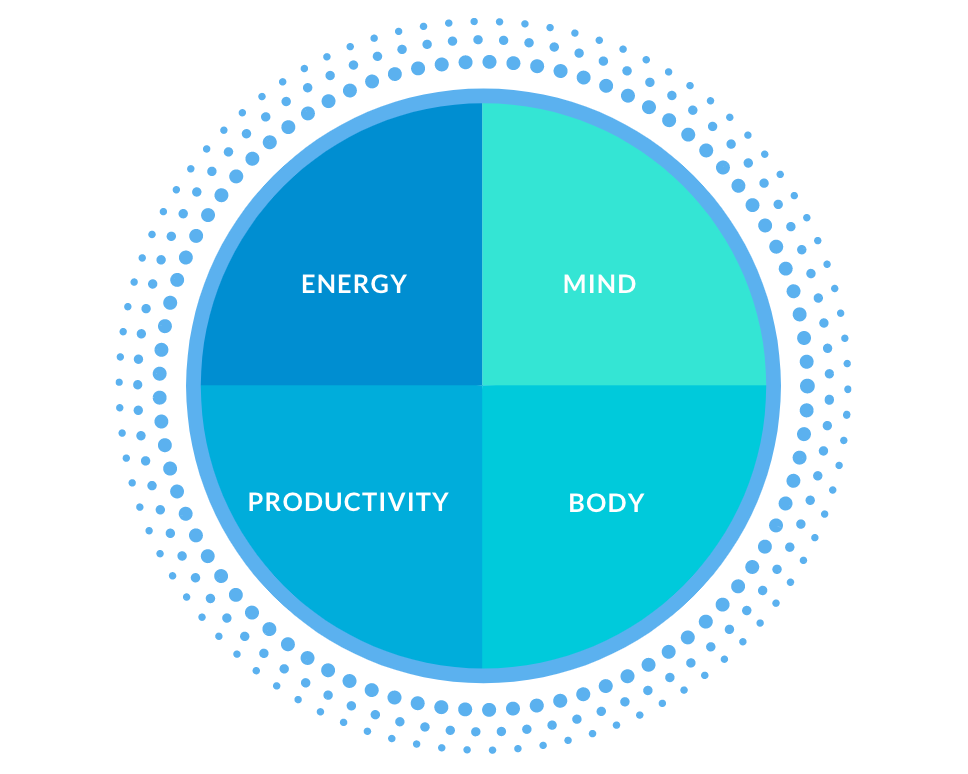According to Gallup, 7 in 10 millennials suffer some level of burnout. Also, the annual cost in lost productivity from employees “checking out of their jobs” is estimated at $550B. You can become a burnout vigilante by detecting your early signs of burnout, or amongst your friends, family members, and employees.
What it is and what it isn’t.
1. In 2019, the World’s Health Organization declared burnout as a legitimate diagnosis. Ongoing symptoms are: constant physical and/or emotional exhaustion, job-related negative feelings, and a significant reduction in professional efficacy.
2. A stressful day or week doesn’t mean you’re burnt out. Burnout is the result of a longer cyclical phenomenon.
3. If your stress levels become too frequent or constant, and it prevents you from performing both at a personal or professional level, then you’re probably burnt out.
The four dimensions to assess burnout.
Ask yourself (or those close to you) the following questions to understand the state of the following four dimensions: your energy, your productivity, your mood, and your body.

Your energy.
• Do you often go to bed early and still wake up tired?
• Do you feel like small tasks take you a lot of effort (examples include getting ready, making breakfast, commuting to work, reading the news, etc.)
• Do you often do as little as possible to get through the day?
• Do you suffer from insomnia a few nights per week? Whether it’s difficult to fall asleep even when you’re tired or whether your sleep often gets interrupted.
Your productivity.
• Are you starting to forget things more often?
• Do you need to re-read things to comprehend them? Even easy content like emails or text messages.
• Do you often feel guilty because you’re failing at achieving your goals?
• Does it take you longer to finish tasks that before seemed a lot easier?
Your mood.
• Do you feel you’re often impatient, irritable and/or have outbursts of anger towards the people around you?
• Do you feel that “enjoying” your time at work, at home, or with your friends is becoming less frequent?
• Do you find yourself thinking that things never go well anymore and positive people are starting to annoy you?
• After a few days of a relaxing vacation and getting disconnected from work (for real), do you still feel tired, exhausted and demotivated?
Your body.
• Are you starting to get sick more often (ie. flu, infections, etc)?
• Do you often feel dizzy, have shortness of breath, or experience migraines?
• Are you skipping some meals because your appetite levels aren’t the same as before?
• Do you still feel weak even after a few days of a relaxing vacation, sleeping well, and being fully disconnected from work?
• If only a few questions resonate with you, the good news is that you can revert this negative cycle easily. Try self-care options that you enjoy and fit your lifestyle, or consider working with a wellness coach or specialist.
You can also use this free assessment to determine your actual burnout level and track it over time.
Disclaimer: if you’re experiencing any serious symptoms you should always first rule out any illnesses with a professional physician. If you’re experiencing anxiety or depression, you should seek immediate help from a mental health professional.
First published at https://journify.co/blog/early-signs-of-burnout-four-dimensions.


